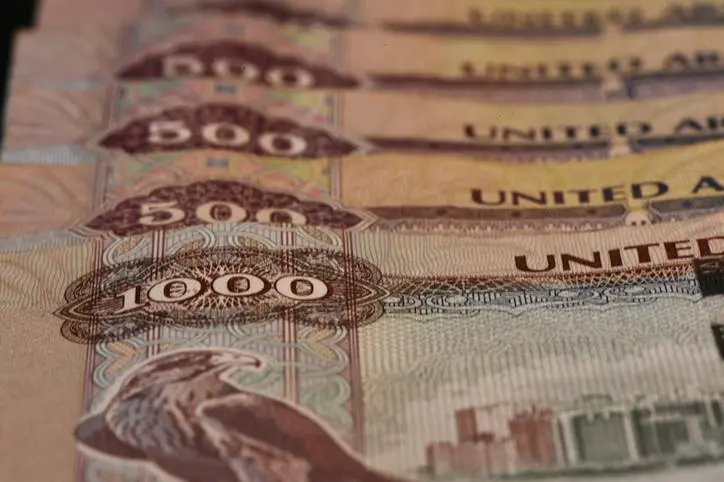PHOTO
Kenya is close to securing a deal with the UAE government for a $1.5 billion loan, a move that will enable the country to bolster its financial position amid rising debt costs.
The East African nation, which is facing a cash crunch, is currently in negotiations with the UAE capital for a loan agreement to bridge its budget-financing gap, Bloomberg reported on Wednesday, citing sources with knowledge of the matter.
An agreement is nearly reached, with Kenya likely to obtain the new cash injection at an interest rate of 8.2%, Reuters also reported.
“[The] deal is as good as done,” a source was quoted as saying.
Kenya has been facing significant domestic debt costs, as well as violent social unrest and heightened risk to political stability, which stemmed from planned tax hikes and calls for reforms.
The country is expected to see its fiscal deficit widen to 4.7% of GDP in the financial year ending June 2025, which is higher than the government’s new deficit plan, according to Fitch in August.
The wider fiscal deficit reflects the withdrawal of planned revenue measures and higher debt servicing, as well as social spending costs amid civil pressures, the ratings agency said.
In the full year 2023, Kenya government’s debt/GDP rose to nearly 72%, from 67% a year before. This was partly due to the depreciation of the Kenyan currency.
The ratio is forecast to decline only marginally to 65.6% by 2026, while external debt service will moderate to $4.4 billion in FY25, compared to $5.4 billion in FY24.
Kenya has forged closer ties with the UAE government. Last year, the country extended an oil supply deal that allows domestic firms Abu Dhabi National Oil Company and Emirates National Oil Company (Enoc), aside from Saudi Aramco, to send oil supplies to Kenya on longer credit terms, a shift from an open tender system.
Early this year, Kenya and the UAE signed a memorandum of understanding to boost governance and institutional capabilities between the two countries.
(Writing by Cleofe Maceda; editing by Seban Scaria)




















